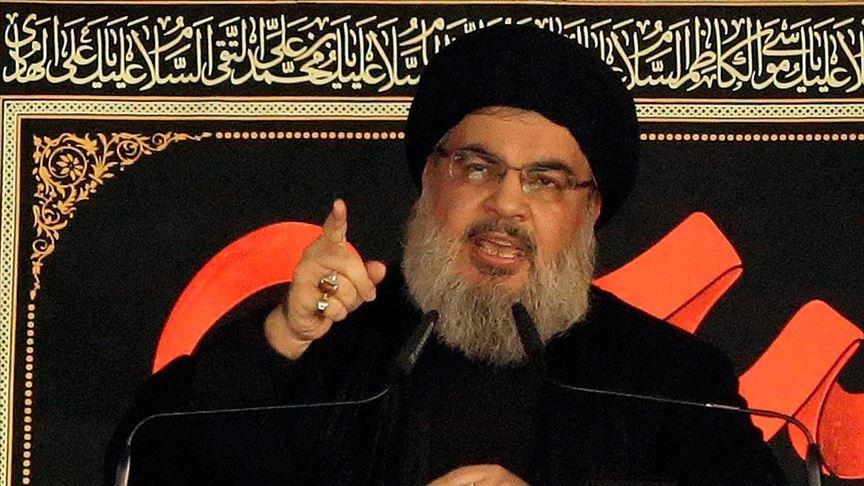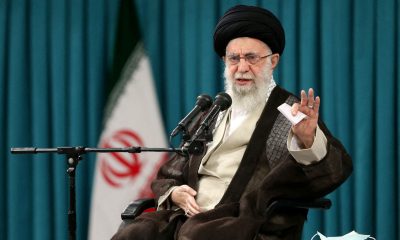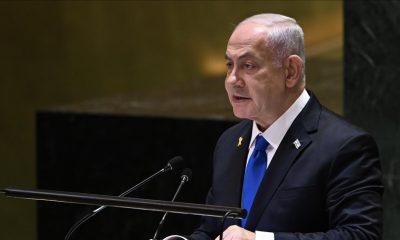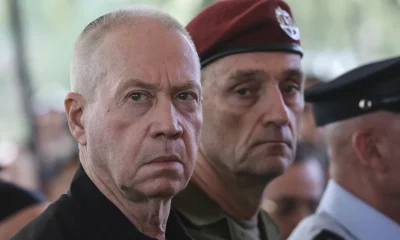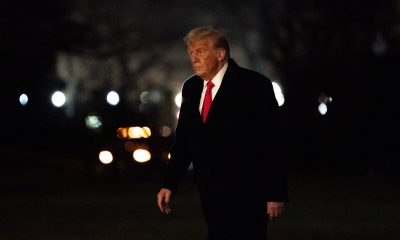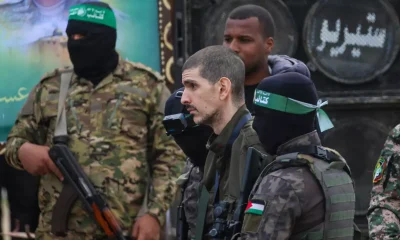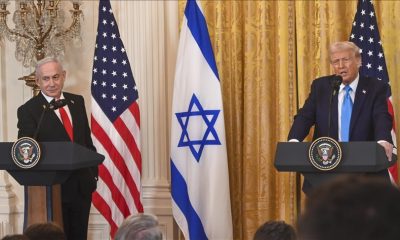An Israeli army spokesperson on Saturday said that Hassan Nasrallah, the secretary-general of the Lebanese group Hezbollah was killed in a major airstrike on Beirut’s southern suburb.
Nasrallah was reportedly killed in “intense and unprecedented” airstrikes Friday evening by Israeli F-35 jets on a target in the Haret Hreik neighborhood, the main stronghold of Hezbollah in southern Beirut.
Shortly after the strikes, Israeli army spokesman Daniel Hagari said the attack targeted Hezbollah’s main headquarters, which he claimed was built underneath civilian buildings.
His death would not only mark an enormous blow to Hezbollah, but also to Iran, whose Revolutionary Guards founded the group in 1982. The Israeli military “eliminated … Hassan Nasrallah, leader of the Hezbollah terrorist organization,” Israeli army spokesperson Avichay Adraee wrote in a statement on X.
“Hassan Nasrallah will no longer be able to terrorize the world,” the Israeli military said in a separate post.
Friday’s attack on Hezbollah’s command centre, followed by further airstrikes on Saturday, have escalated the conflict between Israel and the heavily armed group, adding to concerns the region could be sucked into a broader war.
Adraee’s statement, posted in Arabic, said Israel had struck Hezbollah’s underground headquarters while its leadership were “coordinating terrorist activities against the citizens of Israel”.
Nasrallah had long been a highly valuable target for Israel due to his leadership of Hezbollah, one of Tel Aviv’s main military adversaries.
Israel made several attempts to assassinate him in previous armed conflicts, but all had failed.
The Hezbollah chief had been listed as an international terrorist since 1995 by the US State Department, which offered a reward of up to $10 million for information leading to his capture or location.
Who is Hassan Nasrallah?
Hassan Nasrallah was born on Aug. 31, 1960, in the village of Bazouriyeh, near Tyre in southern Lebanon.
He is married to Fatima Yassin, and they have five children: Hadi, Zeinab, Mohammad Jawad, Mohammad Mahdi, and Mohammad Ali.
His eldest, Hadi, was killed in clashes with the Israeli army in southern Lebanon in 1997.
Nasrallah received a religious education at Shia Muslim seminaries in Lebanon, Iraq, and Iran. He joined the political Amal Movement in high school and rose to its political bureau in 1979.
In 1982, amid disagreements over how to resist Israel’s invasion of Lebanon, Nasrallah and others left Amal and joined Hezbollah, a newly formed group. He was put in charge of mobilizing fighters in the country’s Bekaa Valley.
By 1985, Nasrallah moved to the capital Beirut and became deputy head of the region. Later, he assumed the role of chief executive, tasked with implementing the decisions of the group’s Shura Council.
Leadership of Hezbollah
Nasrallah became Hezbollah’s secretary-general on Feb. 16, 1992, following the assassination of his predecessor Abbas al-Musawi in an Israeli airstrike.
Under Nasrallah’s leadership, Hezbollah launched a series of strategic operations against Israel, culminating in the withdrawal of Israeli forces from southern Lebanon in 2000 after a 22-year occupation.
In 2004, he played a key role in negotiating a major prisoner exchange with Israel, leading to the release of hundreds of Lebanese and Arab prisoners.
His role in securing Israel’s withdrawal from southern Lebanon locally earned him the title “leader of the resistance,” especially after Hezbollah’s later confrontation with Israel during the 2006 Lebanon War.
Fiery speeches and his commitment to retaliating against Israeli attacks, particularly in defense of Palestinians, further bolstered his popularity across the Arab and Islamic worlds.
However, Nasrallah’s popularity diminished over Hezbollah’s support for the Syrian regime against opposition forces during Syria’s ongoing civil war, which broke out in 2011.
His standing rebounded in the wake of the “Al-Aqsa Flood” operation launched by Palestinian factions, including Hamas and Islamic Jihad, against Israeli settlements near Gaza on Oct. 7, 2023.
Israel’s Gaza offensive, now nearing its first anniversary, has resulted in over 137,000 Palestinian casualties.
Nasrallah declared the opening of a “front in southern Lebanon to support Palestinian resistance,” vowing in several speeches that the effort would remain active until the war in Gaza ends.
His killing comes as France and the US step up efforts to broker a temporary 21-day cease-fire between Israel and Hezbollah, aiming to pave the way for diplomatic solutions on both the fronts in Lebanon and Gaza.
Kenya Insights allows guest blogging, if you want to be published on Kenya’s most authoritative and accurate blog, have an expose, news TIPS, story angles, human interest stories, drop us an email on [email protected] or via Telegram

 Investigations1 week ago
Investigations1 week ago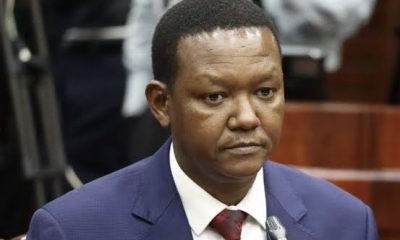
 Grapevine2 weeks ago
Grapevine2 weeks ago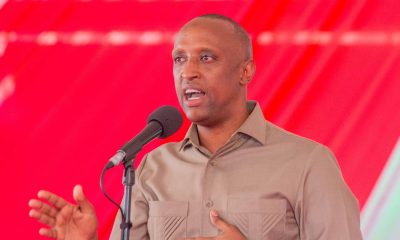
 Opinion2 weeks ago
Opinion2 weeks ago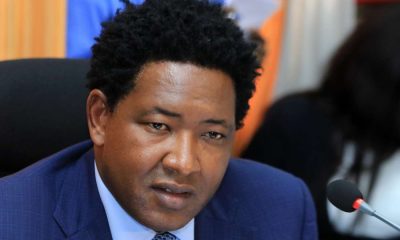
 News2 weeks ago
News2 weeks ago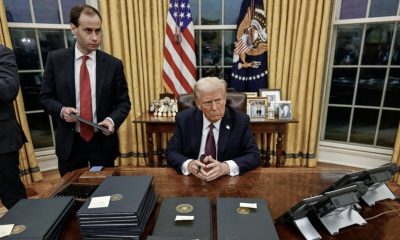
 Americas1 week ago
Americas1 week ago
 Politics4 days ago
Politics4 days ago
 News1 week ago
News1 week ago
 News2 weeks ago
News2 weeks ago
